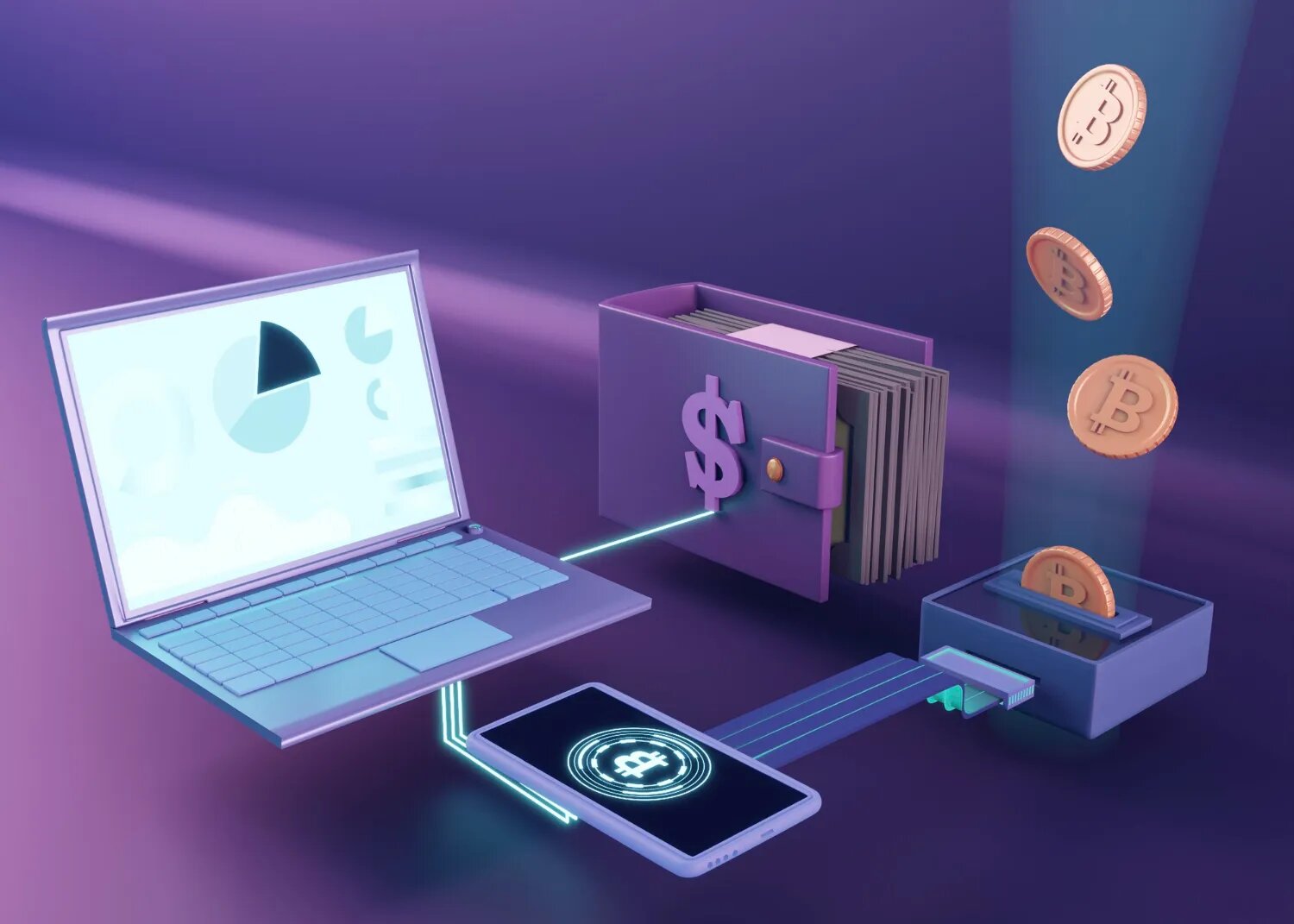Understanding how cryptocurrency wallets work is key to protecting your digital investments. At a time when crypto is increasingly risky, choosing the right wallet can help keep your assets safe. Storing coins on an exchange like Coinbase or Gemini should only be temporary. For long-term holding, a personal wallet offers more control and ownership. Crypto wallets come in two main types: software (hot) wallets and physical (cold) wallets. These wallets don’t store coins directly but instead hold private keys, which are linked to a secret seed phrase. This phrase must be kept safe, since losing it means losing access to your assets permanently.
For beginners, the Coinbase Wallet is a solid software option that supports thousands of assets. It’s user-friendly and available on Android and iOS. However, it’s connected to the internet, which makes it more vulnerable to attacks. Those seeking more security might prefer the Ledger Nano X, a cold wallet with Bluetooth and USB connectivity. It works with the Ledger Live app and supports over 5,500 assets. Despite a past data breach, Ledger remains a trusted name in the crypto world.
Another strong cold wallet is the Trezor Model T, which uses open-source code for transparent security. It supports thousands of coins and connects to the Trezor Suite desktop app. It’s a good option for users who value third-party verification, though it lacks Bluetooth and is one of the pricier options. For those who prefer desktop wallets, Exodus offers a free software wallet compatible with Mac, Windows, Linux, Android, and iOS. It supports over 1,000 digital assets and includes a swap feature for easy transactions.
A custodial wallet is managed by a third party like an exchange, while a non-custodial wallet is fully controlled by the user. Investors often use both types—one for trading and one for secure storage. You only need a wallet if you want direct control over your cryptocurrency. Otherwise, platforms like Venmo or investment ETFs provide crypto exposure without needing a wallet.
To store coins, you typically need to verify your identity and get a wallet address. Always test transfers with a small amount before sending larger sums. When choosing a wallet, factors to consider include security, fees, ease of use, trading features, and cost. Cold wallets are safest, while software wallets offer convenience.
Crypto remains a high-risk investment. Prices are volatile, and regulation is inconsistent. Investors should be cautious, avoid investing more than they can afford to lose, and use only trusted tools. Opening a crypto wallet may require a deposit on some platforms, but many wallets are free. Beginners may find custodial wallets easier, while experienced users might prefer non-custodial ones for better security.
Most crypto wallets support bitcoin, though the assets inside are rarely insured. The safest approach is using an offline, non-custodial wallet where only you have access.














